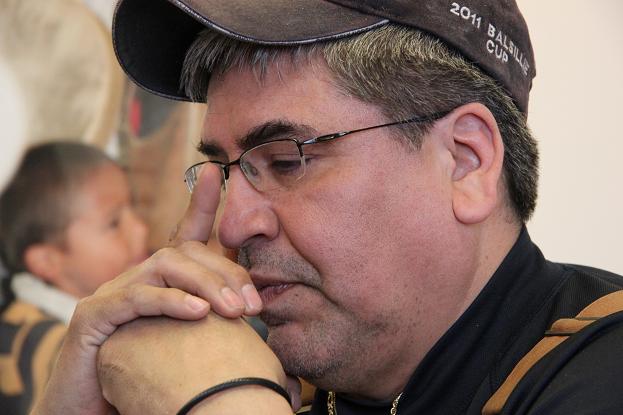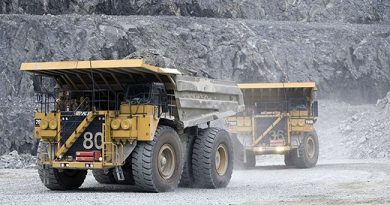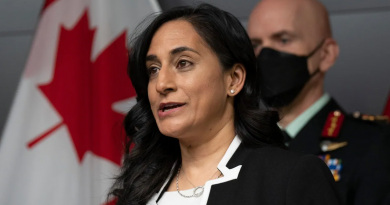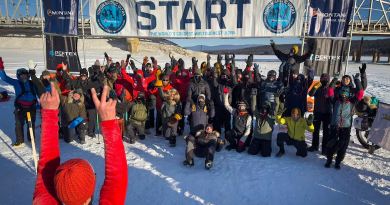The Challenges: Q&A with Danny Gaudet
 Name: Danny Gaudet
Name: Danny Gaudet
Occupation: Chief land claim negotiator
Hometown: Deline, Northwest Territories Canada
Quote: “People love seeing aboriginal tradition and culture. That’s something that Canada has that’s unique about it. So why aren’t we working to enhance that?”
Listen: For more from Danny Gaudet on how tourism could be developed in Deline, click here: {play}/media/jukebox/Danny.
Intro: Danny Gaudet belongs to the Dene First Nation in Canada’s Northwest Territories. A community leader for over 30 years, Gaudet has been a long time supporter of using Dene customs and traditions as a way to build a sustainable economy for the community. Here, Gaudet outlines the challenges and opportunites the community faces in realizing its dream.
What are the main obstacles to creating an economy in Deline?
We have the same problem that a lot of remote communities have in the polar regions; except for the ice road in winter, we’re a fly-in community. Also we have challenges related to issues like self-governance that stand in the way of creating a local economy.
What do you mean?
We’re applying European government stuff to aboriginal people without having aboriginal customs and beliefs built into the system.
Can you give us some examples?
Here we follow a curriculum from kindergarten to grade 12 from the province of Alberta (in southern Canada). That means you’re teaching social sciences, you’re teaching biology you’re teaching math the way you would in Alberta. Why can’t we take Dene customs and values and apply them in those subject areas?
I think there’s ways to teach aboriginals the new (southern) way of living but using traditional ways to do it. Our people learn from seeing and touching. They don’t learn from theory and writing like in European culture. If you teach them by showing, they’ll surpass anybody.
How would that help build a local economy?
It could apply anywhere from tourism to starting a business. People love seeing aboriginal tradition and culture. That’s something that Canada has that’s unique about it. So why aren’t we working to enhance that? If we make sure our people are strong, vibrant, and participating in their traditional culture day-to-day, that’s something that people wouldn’t see anywhere else. It would be worth it for them to come to even a remote northern community like this one – to experience Dene hunting, trapping and going out on the land.
We here a lot about how aboriginal youth are moving away from traditional knowledge and customs. How would you involve them?
We could take the youth into the bush for a week or two weeks or a month. Let’s collect all the raw materials of our ancestors – traditional medicines, craft materials and then let’s make those raw materials into a product.
Once we’ve got the project, we could teach our locals how to market it. Then we’ll teach them about business and law. Then we’ll teach them how to reinvest profits into your business.
It would be doable and sustainable. We’ll use the lands and the resources around us to build something. Give us the tools and we’ll do it. That’s all we’re asking for.
Write to Eilís Quinn at eilis.quinn(at)cbc.ca



